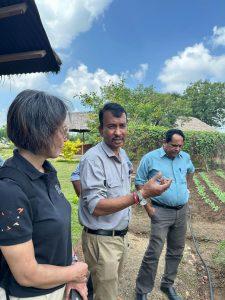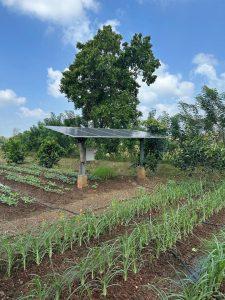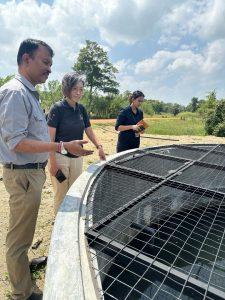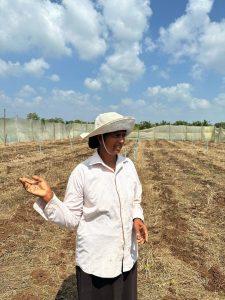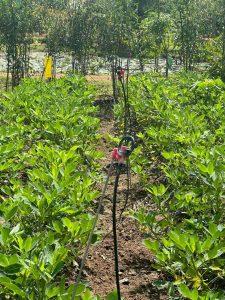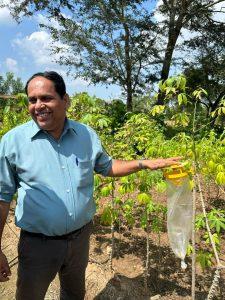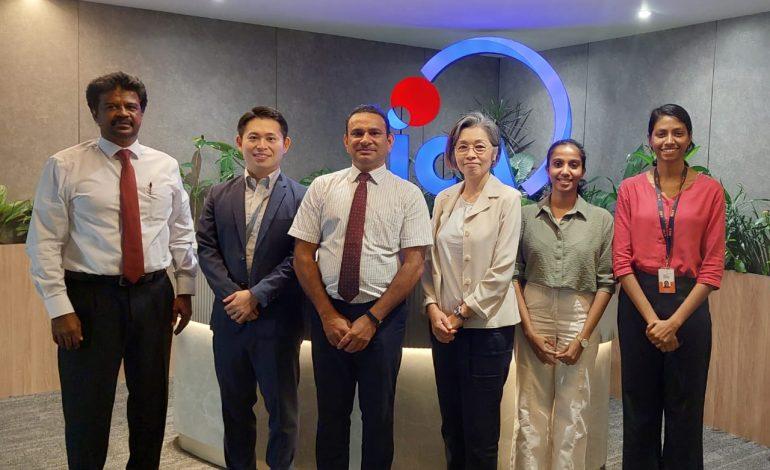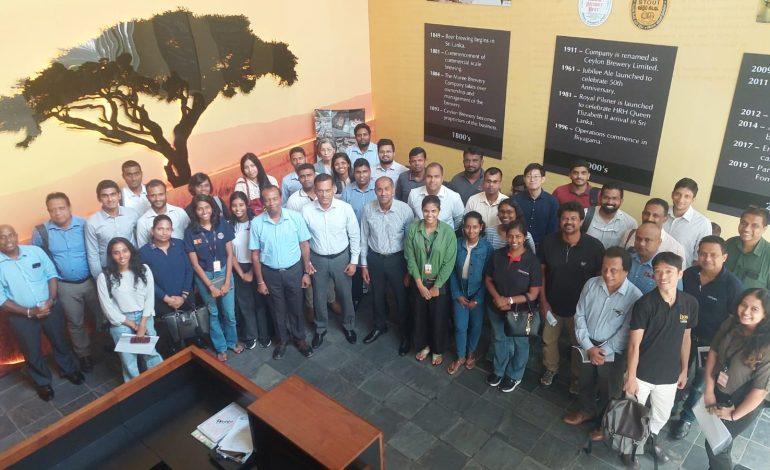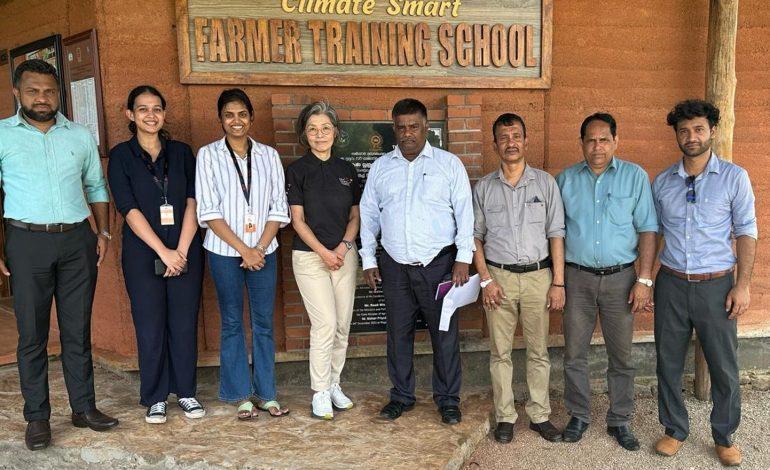
“Govipole Iskole” A Climate Smart Farmer Training School in Thirappane
Climate change causes significant challenges to agriculture, threatening food security, rural economies, and livelihoods around the world. In order to build resilience and mitigate the risks of climate change in agriculture, adaptation strategies such as climate-smart agricultural practices are crucial. In 2021, Sri Lanka was ranked 30th in the Global Climate Risk Index. Taking this into account, the World Bank and the Ministry of Agriculture have initiated the first Climate Smart Farmer Training School in South Asia in Thirappane, Sri Lanka. A-PAD SL was given the opportunity by the World Bank to visit the farmer training school to gain valuable insights into climate-smart agriculture practices and enhance knowledge exchange for effective action in mitigating climate risks in agriculture.
An overview of the project was provided by representatives of the Climate Smart Irrigated Agriculture Project (CSIAP) to enhance understanding of its scope and objectives. Thirappane is located in the Anuradhapura district, which is found in the dry zone of Sri Lanka and is most vulnerable to climatic events. Notably, 72,000 agricultural families in 11 districts throughout the six provinces’ hotspot zones were identified as beneficiaries. Through this initiative, farmers are being educated on climate smart agricultural practices such as crop diversification, agronomic interventions, micro irrigation, interseason cultivation, seed productivity, and climate smart home gardens. Along with increasing income generation by 20%, the project also intends to improve productivity on land and in water.
Ms. Izumi Kishikawa from A-PAD Management Office in Japan, along with the A-PAD SL team, gained valuable insights into climate-smart agricultural practices, observed demonstration plots, evaluated climate-smart agricultural implementation, and held insightful discussions with farmers during their visit to the training school. The exchange of best practices and knowledge among organizations is crucial for fostering collaboration, accelerating learning and innovation, raising awareness, and taking effective action to tackle pressing challenges. A-PAD SL expresses its heartfelt appreciation to the World Bank and CSIAP for facilitating this inspiring visit.
